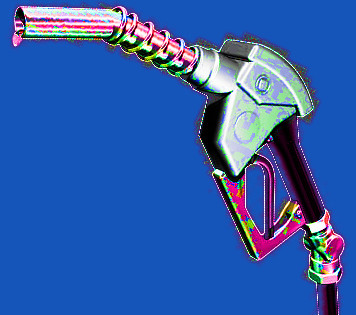Fuel rules to drive change
 The Federal Government has announced the introduction of a New Vehicle Efficiency Standard (NVES).
The Federal Government has announced the introduction of a New Vehicle Efficiency Standard (NVES).
The initiative to align Australia with global benchmarks will require new vehicles to be cleaner and more fuel-efficient, offering significant savings to consumers and contributing to environmental conservation.
The NVES aims to tackle Australia's lag in adopting vehicle efficiency standards, which has positioned it alongside Russia as one of the few advanced economies without such measures.
The introduction of these standards is expected to foster a shift in the automotive market.
Under the new regulations, car companies will be mandated to meet average emissions targets per kilometre for new cars sold across the fleet.
This marks a significant step towards reducing Australia's transport emissions, which account for a substantial 13 per cent of the nation's greenhouse gas emissions, with cars being the largest contributor within the transport sector.
“It means Australians are paying more at the bowser than they should compared to people in other countries because they’re using more petrol and diesel,” Climate Change Minister Chris Bowen said.
He said the standard is a “win-win” for cost of living and consumers, with modelling predicting up to $1,000 in fuel savings per vehicle by 2028.
The announcement has elicited a mix of reactions from industry stakeholders and the public. Independent Senator David Pocock has called for a more ambitious approach, urging the government to expedite the implementation of the standards.
Conversely, the Federal Chamber of Automotive Industries (FCAI) has expressed concerns over the potential impact on consumer choice and the automotive industry.
The Electric Vehicle Council of Australia and Climate Council CEO Amanda McKenzie have welcomed the move, saying it will help combat climate change and alleviate cost of living pressures for Australians.
The new initiative has sparked a debate over its feasibility and impact on vehicle prices, particularly for popular models such as utes and SUVs. Critics argue that the standards could restrict consumer choice and lead to higher costs, a concern echoed by the opposition and some industry representatives.
Transport Minister Catherine King says the standards would not affect second-hand vehicles or lead to bans on specific models. She emphasised that the initiative is about new vehicles and improving efficiency without compromising on price or choice.
The planned changes are open for feedback for the next month. More details are accessible here.








 Print
Print